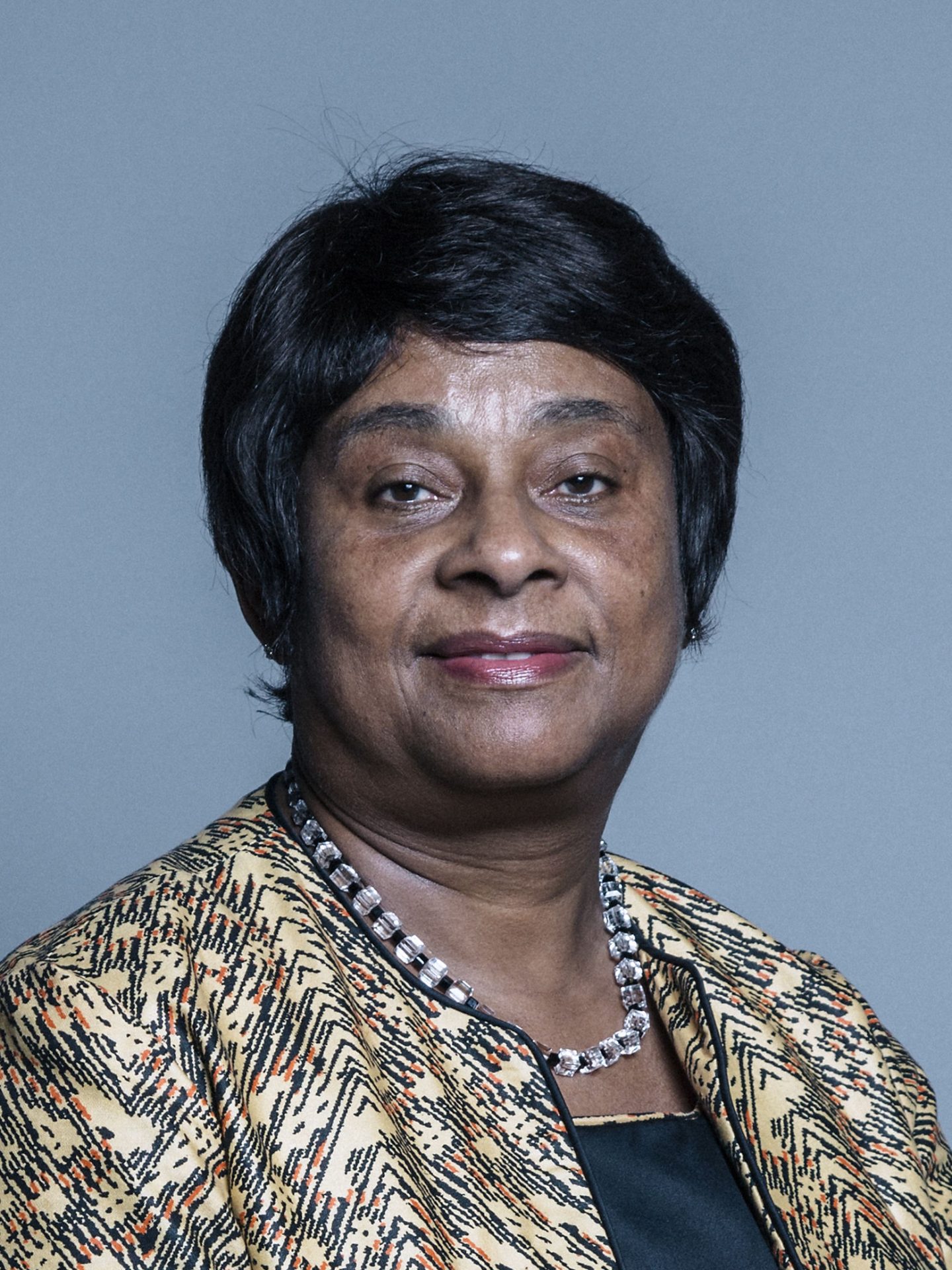By Gavin Mackintosh–
The BBC has named a major suspect in the murder of Stephen Lawrence, two years after his death.
He has been named as Matthew White, (pictured)who died in 2021, aged 50. The BBC has found the Met Police seriously mishandled key inquiries related to him.
The revelation by the BBC, naming Matthew White as a suspect in the Stephen Lawrence murder case who had passed away in 2021, brings the spotlight back onto one of the most infamous racially motivated crimes in the United Kingdom.
It is not clear why he was not named when he was alive, but an educated guess would point to legal reasons surrounding the fact he had not been charged.
However, suspects in murder cases have sometimes been justifiably named by the press in the past, but suspects can vary in their desire and ability to issue legal threats, especially in cases involving murder where no charges have been brought.
Many believe the public interest ought to weigh more heavily in favour of identifying high suspects in cases of murder, but views differ widely.
Impact Of Murder
The murder of Stephen Lawrence in 1993 exposed deep-rooted racism within the British Metropolitan Police, and failures within the criminal justice system. Lawrence, a black teenager, was brutally stabbed to death by a gang of white youths in an unprovoked attack. The initial investigation was marred by institutional racism and led to a long-standing campaign for justice by Lawrence’s family and the wider public.
Severs said that in the days after Stephen’s murder he saw White in the street in Eltham and his stepson admitted being there when the teen was killed. White acted like it was an ‘everyday occurrence’ and insisted Stephen ‘had deserved it’, he said.
White also matched the description of a ‘fair-haired attacker’ who ‘stood out’ and may have struck the first blow on Stephen. All the other five suspects had dark hair. He was spotted twice in streets near the murder scene on the night in question.
The original investigation was perverted by corruption and racism by The Metropolitan Police, leading to the force being described by The Mcpherson report as ‘institutionally racist”.
Only two of five or Stephen Lawrence six attackers have ever been brought to justice – Gary Dobson and David Norris, both of whom were jailed for life in 2012.
The naming of Matthew White as a suspect in the murder of Stephen Lawrence, also brings to the forefront the missed opportunities by the Metropolitan Police during their investigation, or whether the CPS’s judgement that there was insufficient evidence to convict
t raises questions about whether police missed good opportunities to apprehended White while he was alive and brought him to justice. The revelation underscores the failures and shortcomings of the initial investigation, highlighting the systemic issues that hindered the pursuit of justice for Stephen Lawrence and his family.
White first came to police attention as a witness in the same year – he told officers he had visited the home address of two other suspects on the night of Stephen’s murder.
Police spoke to him again after he refused to attend the Stephen Lawrence Inquiry, police said. During the post-Inquiry investigation in November 1999, White was re-interviewed.
He was arrested and interviewed in March 2000 and in December 2013 and a file was submitted to prosecutors in May 2005 and October 2014.
On both occasions the Crown Prosecution Service (CPS) advised there was no realistic prospect of conviction of White for any offence.
Investigation
The public revelation will put pressure on the Metropolitan Police to conduct a fresh investigation decades after the murder of Stephen Lawrence, in order to retrospectively address any institutional failures that may have been in operation at the time.
The Met has not yet shown in indication that it has any plans of re-opening an investigation into the case.
Baroness Doreen Lawrence, Stephen’s mother, said there should be “serious sanctions” against the police officers who failed to investigate White, following the BBC’s revelations.
In a statement issued through her solicitor, Baroness Lawrence said: “The fact that the Metropolitan Police Service (MPS) were incompetent in the investigation of my son’s murder is so well-known and established that it doesn’t bear repeating.
“I knew this at the time of the murder but few listened to my concerns. In the 30 or so years since Stephen’s killing, revelations continue to keep coming as to the extent of the failings by the MPS in the investigation.
“The latest revelation that a key suspect in the murder could have, and should have, been properly and thoroughly investigated is shocking but unsurprising.

Doreen Lawrence Image: The Doreen Lawrence library
Old Wounds
The revelation of Whyte could potentially open up old wounds, and revive strong feelings of emotional anger by friends and family of Stephen Lawrence.
The CPS is yet to explain why they did not consider it necessary to charge Mr Whyte with the evidence they had.
The legal arguments have not been heard, and rumour has long been known to exist that some criminals can have strong links in the police force that help them evade justice.
The CPS need beyond a reasonable doubt likelihood of success in court to press charges, but with murder cases strong enough circumstances can sometimes lead solid evidence resulting from thorough cross examination in a murder trial.
Offeners have been known to be convicted of murder without a body, where the circumstantial evidence when added to a string of lies, exposes the defendant as guilty.
The guilty verdict is still ultimately for the jury to make in all cases, but not for the CPS to surmise in all cases.




